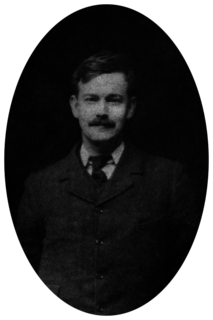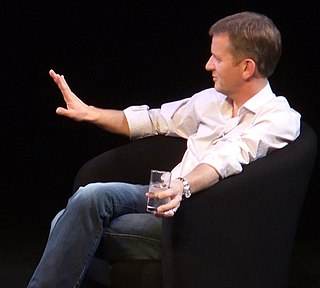A Quote by Paul Valery
The great virtues of the German people have created more evils than idleness ever did vices
Related Quotes
The modern world is not evil; in some ways the modern world is far too good. It is full of wild and wasted virtues. When a religious scheme is shattered (as Christianity was shattered at the Reformation), it is not merely the vices that are let loose. The vices are, indeed, let loose, and they wander and do damage. But the virtues are let loose also; and the virtues wander more wildly, and the virtues do more terrible damage. The modern world is full of the old Christian virtues gone mad. The virtues have gone mad because they have been isolated from each other and are wandering alone.
When economist William Beveridge dreamed up the postwar welfare state he wanted to fight five 'giant evils' - want, disease, ignorance, squalor and idleness. Fast forward 65 years and it seems the last New Labour government grew an Unfair State that fuelled - not fought - one of those evils: idleness.
According to Solomon, life and death are in the power of the tongue; and as Euripides truly affirmeth, every unbridled tongue in the end shall find itself unfortunate; for in all that ever I observed in the course of worldly things, I ever found that men's fortunes are oftener made by their tongues than by their virtues, and more men's fortunes overthrown thereby, also, than by their vices.
Love is an alchemist that can transmute poison into food--and a spaniel, that prefers even punishment from one hand to caresses from another. But it is in love as in war, we are often more indebted for our success to the weakness of the defence than to the energy of the attack; for mere idleness has ruined more women than passion; vanity more than idleness, and credulity more than either.






































